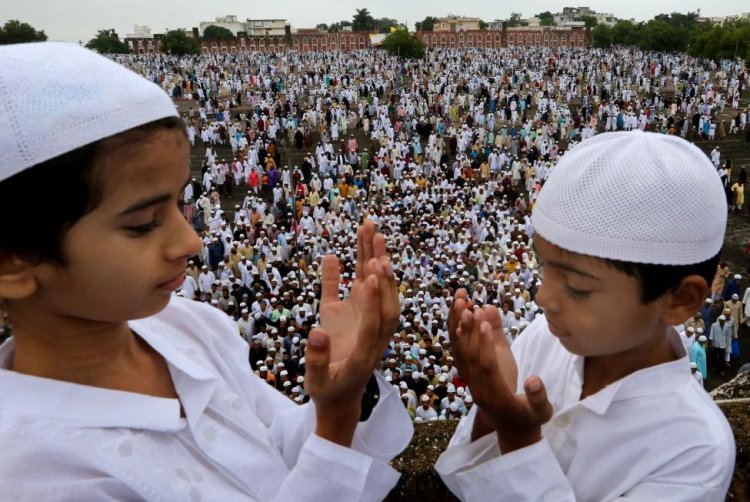Eid: Its significance

Eid-ul-Fitr also called the ‘Festival of Breaking the Fast’, is a religious holiday celebrated by Muslims worldwide that marks the end of the month-long dawn-to-sunset fasting of Ramadan.
However, there are two annual key festivals that are celebrated in Islam - one is Eid-ul-Fitr and the other is Eid-ul-Adha.
Eid-ul-Fitr follows the Holy month of Ramadan - the ninth month in the Islamic lunar calendar. Muslims across the world unite and take part in the act of fasting, which not only involves refraining from consuming any food or drinks between the hours of sunrise and sunset but also avoiding from doing any kind of bad or sinful acts. It is meant for purifying the mind, body and soul.
On the morning of Eid-ul-Fitr, Muslims will unite at their local Mosque, donate their zakat-ul-Fitr then recite Eid salaah (prayers) in congregation. Following these prayers, they will greet all other Muslims with “Eid Mubarak” which translates to “have a blessed Eid” and will then proceed to homes of family and friends to eat and celebrate together.
Eid-ul-Adha falls just after the annual pilgrimage of Hajj (the fifth obligatory pillar of Islam), in Dhul Hijjah, the twelfth month of the Islamic lunar calendar, and is widely known as the feast of sacrifice. Eid-ul-Adha honours the sacrifice made by Prophet Ibrahim for the sake of Allah. Prophet Ibrahim’s willingness to sacrifice his son in his devotion to Allah is what gives this Eid its title of ‘the feast of sacrifice’.
The act of Qurbani (sacrifice) is carried out on this particular Eid with cows, sheep, goats, bulls or camels. The meat from the animal is distributed in three equal portions between family, friends and those in need.
Being based on the lunar calendar means the dates of both Eids change each year, but Eid al-Adha is always a little over two months after Eid al-Fitr.
Eid Mubarak to all our readers from Apeksha News Network!















































